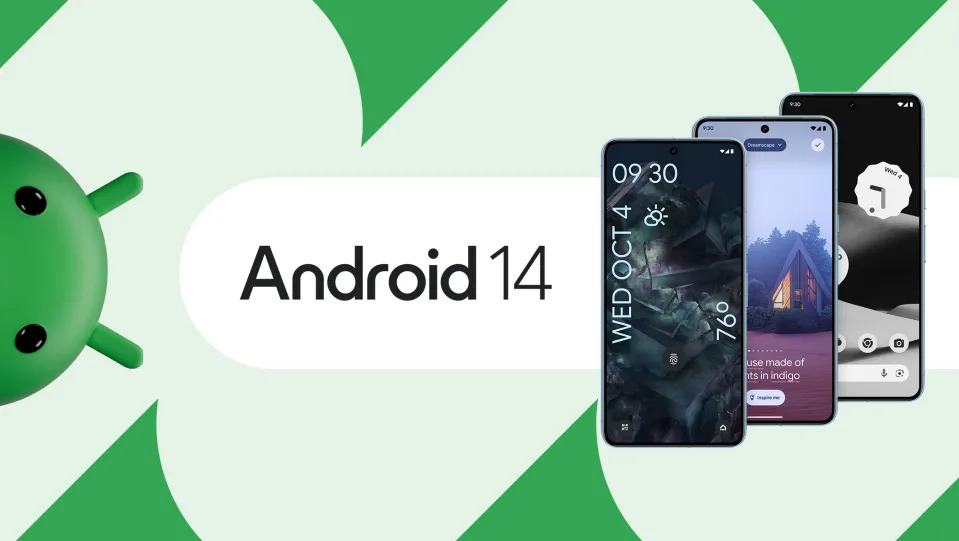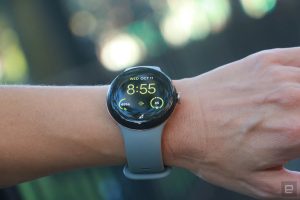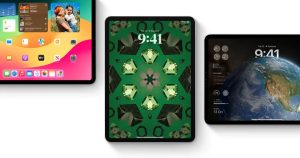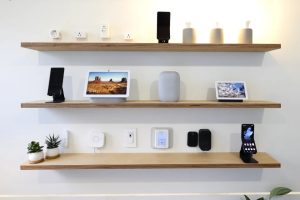The much-anticipated day for Android users has finally arrived with Google’s release of the public build of Android 14. As always, Pixel users will have the privilege of being the first to download the new operating system on supported models, starting from the Pixel 4a and newer devices. For users of compatible devices from brands like Samsung Galaxy, iQOO, Nothing, OnePlus, Oppo, Realme, Sharp, Sony, Tecno, vivo, and Xiaomi, access to Android 14 will become available later this year.
Android 14 places a significant emphasis on deeper customization. Users will have the ability to select from a range of lock screen templates and add new clocks and shortcuts, such as the QR reader or Google Home app, for quick access on the lock screen. Additionally, switching between wallpapers is expected to become a smoother experience.
The introduction of generative AI capabilities offers more ways to personalize your wallpaper. Simply choose a text prompt, and the AI will generate a related image for you (initially available on Pixel 8/Pixel 8 Pro). Google is also introducing support for Ultra HDR images and a monochromatic theme.
Enhancements in accessibility are a welcome addition, including non-linear font size scaling for improved readability in specific text sections. A Quick Setting tile for font sizing has been included, and magnification options have been made more intuitive with features like pinch-to-zoom that can be enabled for specific apps. In terms of hearing accessibility, Google has made improvements to hearing aids and introduced flash notifications that illuminate your device’s screen or camera LED when there’s an alert.
Android 14 also prioritizes giving users more control over their data and security. Health Connect is now integrated into the OS settings, assisting users in managing privacy aspects related to health, fitness, and wellness apps, with data encryption on the device. After installing Android 14, users can expect enhanced transparency regarding how their data is used by apps that request access to it, thanks to data sharing updates.




